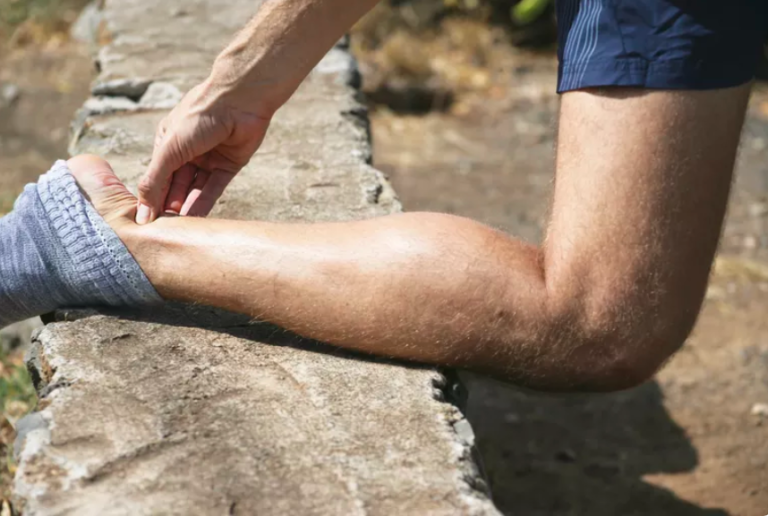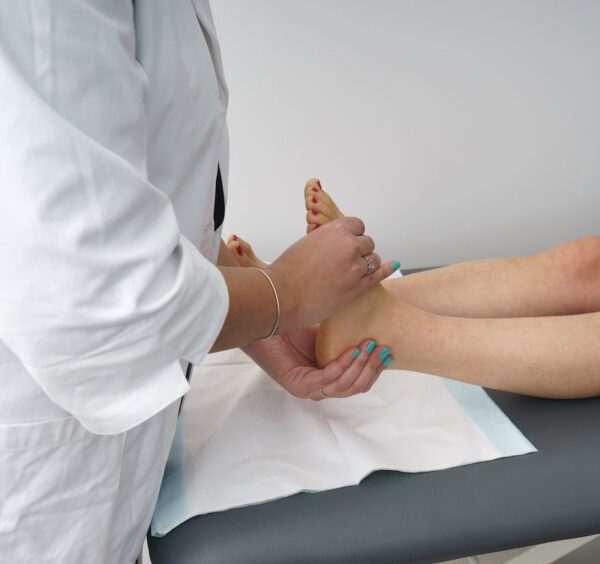Achilles Tendinopathy

Achilles Tendinopathy describes damage to the Achilles tendon, the thick band that connects the muscles at the back of your leg to the back of your heel bone. The Achilles tendon plays an important role in helping us walk and run, so this damage can make it more difficult to perform daily tasks.
Pain is generally present at the back of the heel, and can radiate up the back of the leg. Running (particularly uphill) and other physical activities will worsen the pain, and stiffness may be experienced at the back of the leg. Initially, there may be some swelling, but the pain can continue even when the swelling has subsided.
Causes
- Overuse of the Achilles tendon. This can be a problem for people who run regularly. (Achilles tendinopathy can also be a problem for dancers and for people who play a lot of tennis or other sports that involve jumping.)
- Training or exercising wearing inappropriate footwear.
- Having poor training or exercising techniques – for example, a poor running technique.
- Making a change to your training programme – for example, rapidly increasing the intensity of your training and how often you train.
- Training or exercising on hard or sloped surfaces.
Symptoms
The main symptoms include pain and stiffness around the affected Achilles tendon.
Pain and stiffness tend to develop gradually and are usually worse when they first wake up in the morning.
Pain during exercising but, in general, pain is worse after exercise.
Runners may experience pain at the beginning of their run, which tends to ease and become more bearable, followed by an increase in pain when they have stopped running.

Treatment Options
- RICE – Rest, ice, compression and elevation may be initially used to reduce pain and swelling
- Achilles tendon exercises-to help stretch and strengthen the Achilles tendon
- Orthotics to lift the heel up or suggest changing your footwear-This may help reduce the pain and symptoms
There is a risk of tearing (rupturing) the Achilles tendon if you have Achilles Tendinopathy. This is because the tendon is damaged and weaker than usual. However, this risk is usually quite low. Severe pain around the Achilles tendon that develops suddenly may be a sign of tendon rupture. See a doctor urgently if you think that you may have ruptured your Achilles tendon.
